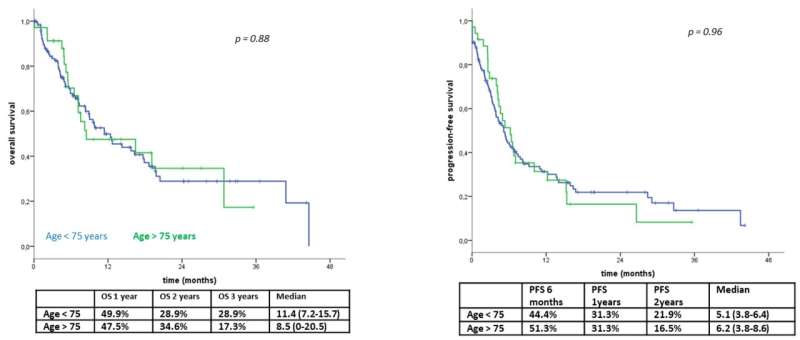
Scientists at the Sbarro Institute for Cancer Research and Molecular Medicine, Center of Biotechnology, located at Temple University’s College of Science and Technology, working with collaborators in Italy, have described the age-related differences in inflammatory response to an emerging immunotherapy treatment for non-small-cell lung cancer (NSCLC) called PD-1 blockade. These age-related changes to immune system response, known as immunosenescence, may have implications for the efficacy or the safety of immunotherapies for a variety of conditions and disease.
The paper, titled “Distinctive Role of the Systemic Inflammatory Profile in Non-Small-Cell Lung Cancer: Younger and Elderly Patients Treated with a PD-1 Immune Checkpoint Blockade: A Real-World Retrospective Multi-Institutional Analysis,” was published recently in Life.
The authors write, “It has been speculated that a chronic status of systemic inflammation as well as the immunosenescence physiologically occurring in elderly patients may affect the efficacy of the treatment and the occurrence of irAEs. We performed a multi-institutional retrospective study aimed at evaluating the effects of these mAbs in 117 mNSCLC patients younger (90 cases) and older (27 cases) than 75 years in correlation with multiple inflammatory parameters (NLR, CRP, ESR, LDH and PCT). No differences were observed when the cohorts were compared in terms of the frequency of PFS, OS, inflammatory markers and immune-related adverse events (irAEs). Similarly, the occurrence of irAEs was strictly correlated with a prolonged OS survival in both groups.
Source: Read Full Article
